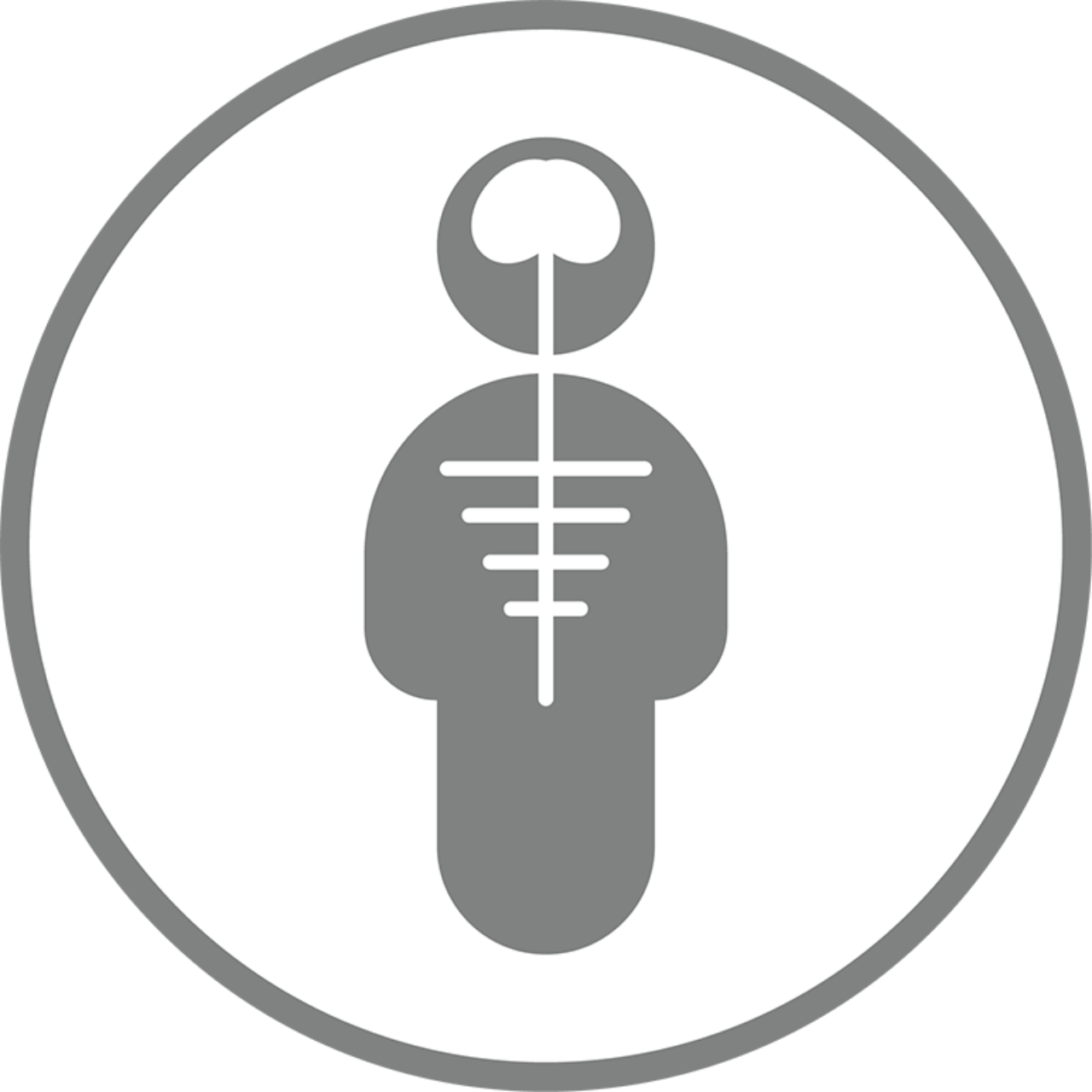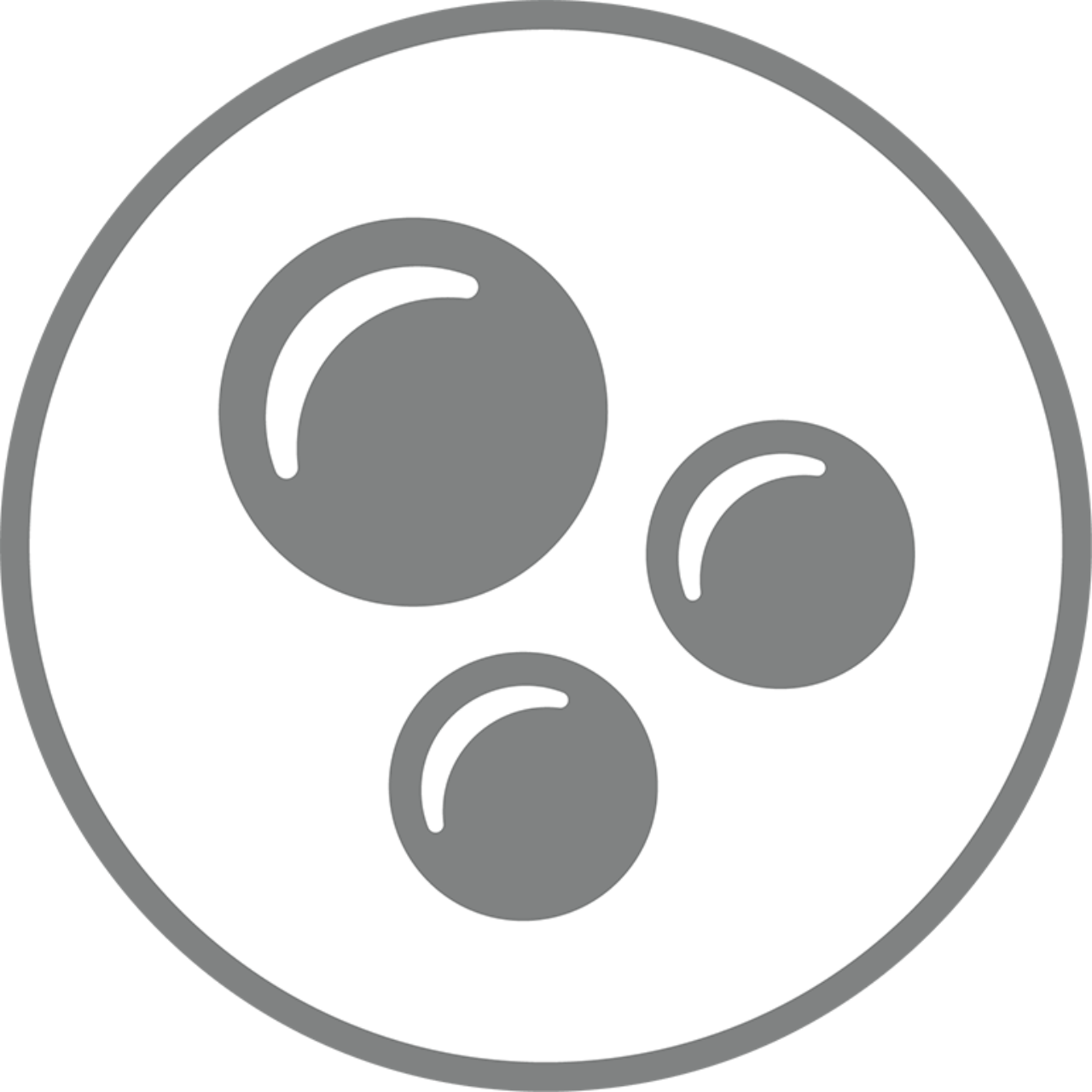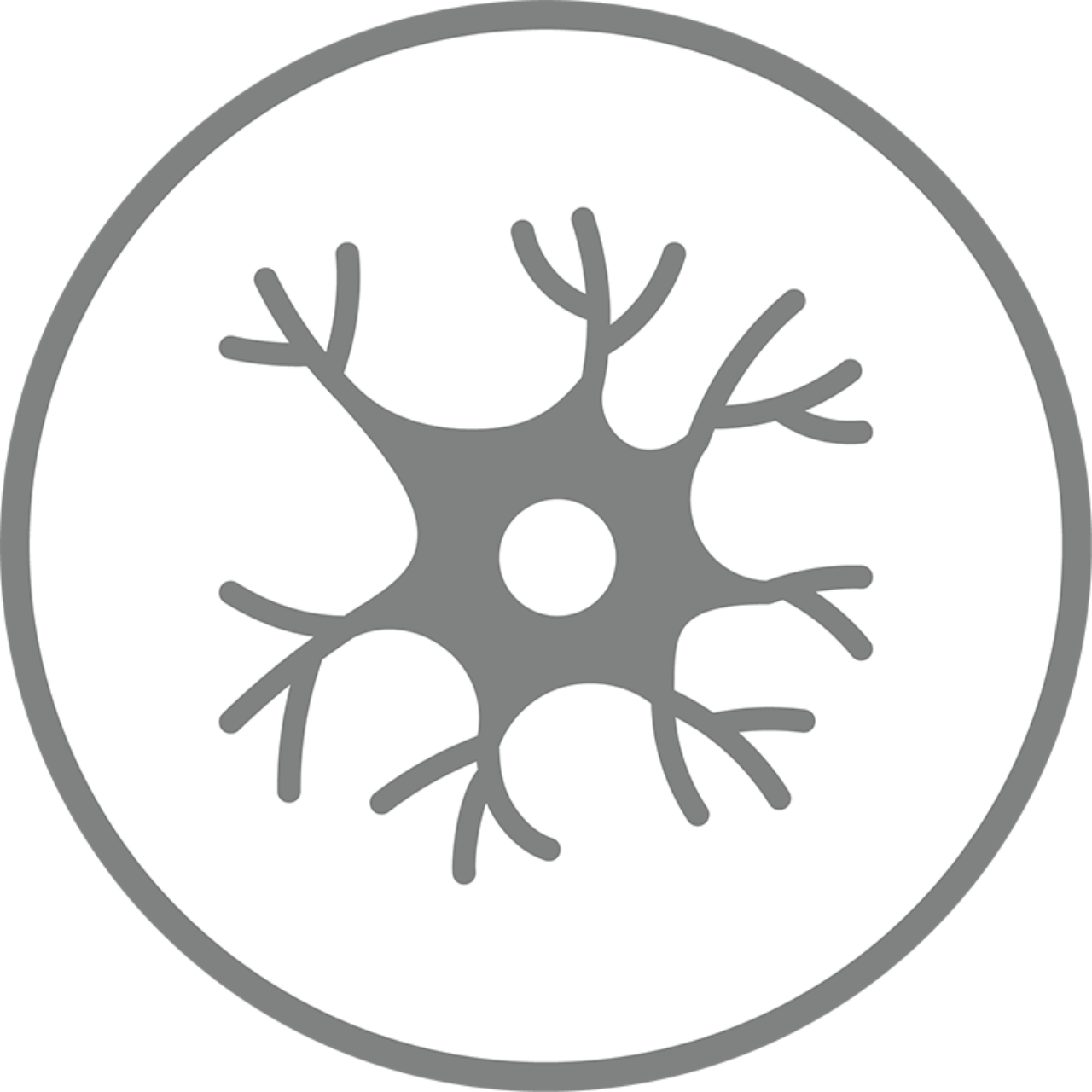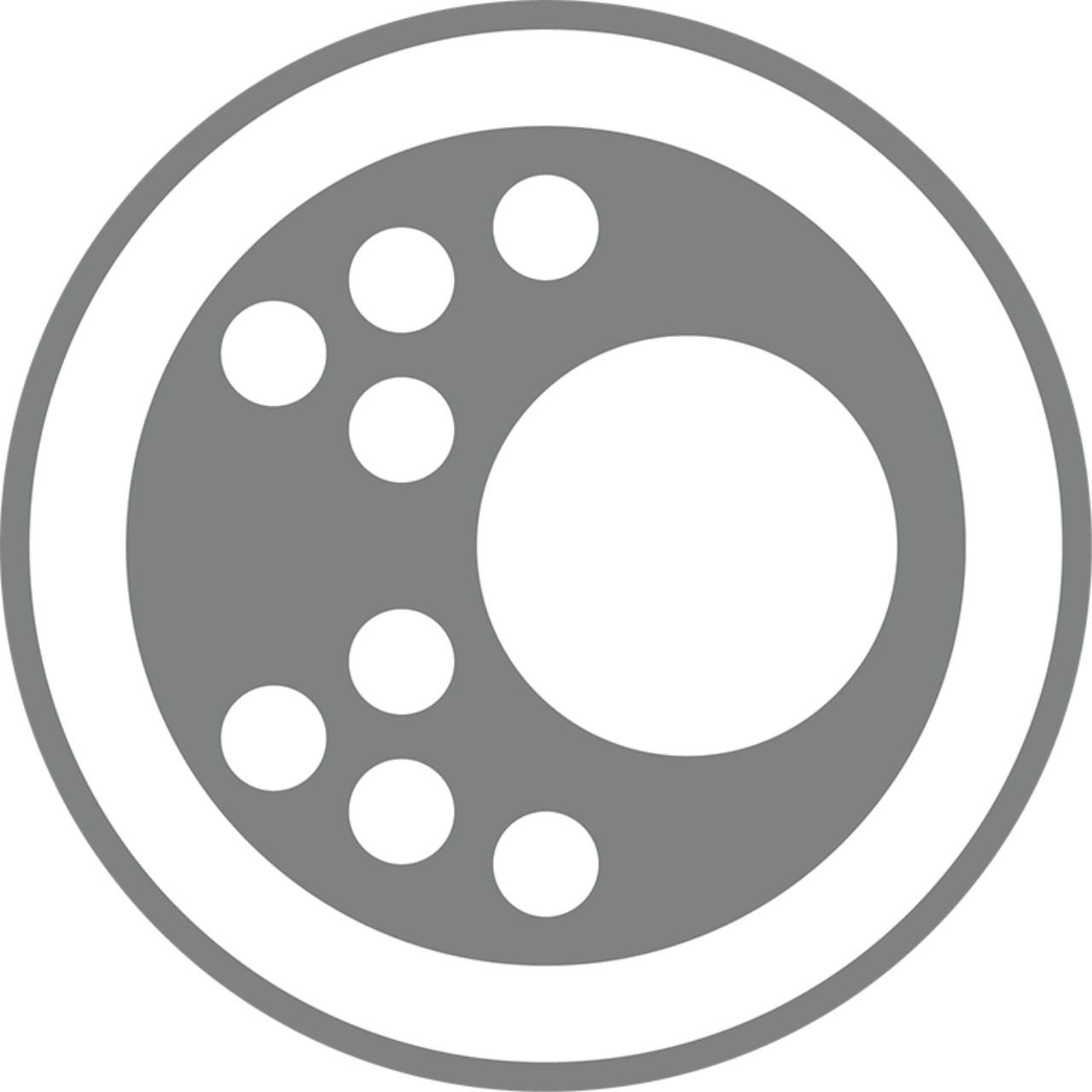Fortifull nutrition guide
Configure your product
Step 1 of 5
Compare your base
Step 2 of 5
Close the nutritional gap
Step 3 of 5
Step 4: Boost your offering
Step 5: Get started
Product target market
Where is your product going to be sold?
-
United States
-
 European Union
European Union
Product comparison
What are you planning to develop: A plant-based alternative that looks like fish, beef or poultry?
-
Fish
-
Beef
-
Poultry
Product base protein
Your plant-based product is made from various ingredients. What is its main protein-based ingredient; soy, wheat gluten, pea, or mycoprotein? If there is a mixture, select the predominant one.
-
Soy
-
Wheat Gluten
-
Pea
-
Mycoprotein
Compare the vitamin and mineral content of your plant-based alternative with their analogue. In the next steps, we will provide options for closing the nutritional gaps and, at the same time, taking advantage of the naturally occurring vitamins and minerals of your plant-based alternative*.
Vitamin B2

Vitamin B2, also known as riboflavin, is one of the most widely distributed water-soluble vitamins. A sufficient intake of riboflavin is important, as it helps the body to convert food components into energy, neutralize free radicals that can damage cells and DNA, and also convert vitamin B6 and B9 into their active forms. Ultra violet (UV) light can destroy riboflavin, so milk, eggs, rice and fortified cereals, which are good sources of the vitamin, should be stored out of direct sunlight.
Vitamin B3

Within the human body, vitamin B3 helps to release energy from the foods we eat, produce fatty acids and cholesterol, repair DNA and contribute to the stress response. Commonly known as niacin or nicotinic acid, sufficient levels of the water-soluble vitamin are typically met by eating a varied and balanced diet.
Vitamin B5

Referred to as pantothenic acid, vitamin B5 can be found throughout all living cells and in most food sources in small amounts. The watersoluble vitamin helps to produce energy by breaking down the fats and carbohydrates in food, however, it is also known to support the synthesis of fatty acids, cell membranes, neurotransmitters and hemoglobin and promote healthy skin, hair, eyes and liver. Insufficiency of the vitamin is extremely rare, however if it does occur, typical symptoms include tiredness, nausea and vomiting, numbness or ‘burning feet’.
Vitamin B6

One of the eight vitamins in the B vitamin group, B6 is essential in helping to convert glycogen into glucose in the body. Glucose is used to produce energy and make neurotransmitters, which carry signals from one nerve cell to the other. Vitamin B6 is also important for enzymes involved in protein metabolism and it helps to produce hormones, red blood cells and cells of the immune system. Studies show that vitamin B6 is especially important in the elderly, as this group often suffers from impaired immune function.
Vitamin B12

Vitamin B12, which is only found in foods of animal origin, is the largest and most complex of all the vitamins. In the body, the vitamin supports the development of red blood cells and DNA, maintains healthy nerve cells and releases energy from food. Mild deficiencies of B12 are not uncommon in elderly people, usually due to poor diet or because individuals have less stomach acid which is needed to absorb the vitamin.
Vitamin D

Vitamin D comprises a group of fat-soluble compounds that are essential for regulating the amount of calcium and phosphate in the body i.e. the nutrients needed to keep bones, teeth and muscles healthy. It is synthesized by the skin when exposed to UV light, such as sunlight. However, it can also be found in some foods including oily fish, red meat, liver and egg yolks, as well as fortified foods and dietary supplements. If vitamin D deficiency occurs, individuals may experience rickets, a frequent childhood disease in many developing countries, or osteoporosis, also known as ‘brittle bone’ disease.
Iron

In humans, iron is an essential component of hundreds of proteins and enzymes. Much of the iron in the body is attached to a protein in red blood cells that carries oxygen to all of the tissues. When people think of the health benefits of iron, steak, liver and other meats are the foods that spring to mind. Plant-based foods such as legumes and dark leafy green vegetables are all sources of non-heme iron. However, non-heme iron isn’t as easily absorbed and so must be consumed in much larger amounts for those on a plant-based diet. dsm-firmenich offers iron for a wide range of applications to optimally support your plant-based alternative!
Iodine

Iodine is a trace element that is important for hormones made in the thyroid gland. These hormones are necessary for adequate growth and a well-functioning nervous system. Iodine naturally occurs in sea fish, eggs, milk products, seaweed and some meat products. A vegetarian and particularly vegan diet may be of concern for possible shortage of iodine as animal-derived foods are the richest sources of this micronutrient. That is why dsm-firmenich offers iodine fortification, which is a perfect match for your plant-based alternative!
Selenium

Selenium is a trace element that contributes to normal immune function. Furthermore, selenium is important for reproduction, thyroid gland function, DNA production, and protecting red blood cells from damage. As animal-based foods such as meat and fish are very rich in selenium, people who have a predominantly plant-based diet can be at risk of inadequate selenium intake. That is why dsm-firmenich offers selenium fortification, which is a perfect match for your plant-based alternative!
Zinc

Zinc is the second most common trace mineral in the body after iron and is present in every living cell. It is essential for everyday functions within the body, including wound healing and immunity. The body also needs zinc to make proteins and DNA. Similar to iron, the body can struggle to absorb plant-based sources of zinc and so it’s a good idea for people following the diet to consume higher levels of zinc. dsm-firmenich offers zinc for a wide range of applications to optimally support your plant-based alternative!
*Please note: In all steps, the information displayed is based on example products.
dsm-firmenich formulation experts are here to support your product development. Our premixes close your vitamin and mineral gaps and support your product with a range of health claims.
Vitamin B2

Vitamin B2, also known as riboflavin, is one of the most widely distributed water-soluble vitamins. A sufficient intake of riboflavin is important, as it helps the body to convert food components into energy, neutralize free radicals that can damage cells and DNA, and also convert vitamin B6 and B9 into their active forms. Ultra violet (UV) light can destroy riboflavin, so milk, eggs, rice and fortified cereals, which are good sources of the vitamin, should be stored out of direct sunlight.
Vitamin B3

Within the human body, vitamin B3 helps to release energy from the foods we eat, produce fatty acids and cholesterol, repair DNA and contribute to the stress response. Commonly known as niacin or nicotinic acid, sufficient levels of the water-soluble vitamin are typically met by eating a varied and balanced diet.
Vitamin B5

Referred to as pantothenic acid, vitamin B5 can be found throughout all living cells and in most food sources in small amounts. The watersoluble vitamin helps to produce energy by breaking down the fats and carbohydrates in food, however, it is also known to support the synthesis of fatty acids, cell membranes, neurotransmitters and hemoglobin and promote healthy skin, hair, eyes and liver. Insufficiency of the vitamin is extremely rare, however if it does occur, typical symptoms include tiredness, nausea and vomiting, numbness or ‘burning feet’.
Vitamin B6

One of the eight vitamins in the B vitamin group, B6 is essential in helping to convert glycogen into glucose in the body. Glucose is used to produce energy and make neurotransmitters, which carry signals from one nerve cell to the other. Vitamin B6 is also important for enzymes involved in protein metabolism and it helps to produce hormones, red blood cells and cells of the immune system. Studies show that vitamin B6 is especially important in the elderly, as this group often suffers from impaired immune function.
Vitamin B12

Vitamin B12, which is only found in foods of animal origin, is the largest and most complex of all the vitamins. In the body, the vitamin supports the development of red blood cells and DNA, maintains healthy nerve cells and releases energy from food. Mild deficiencies of B12 are not uncommon in elderly people, usually due to poor diet or because individuals have less stomach acid which is needed to absorb the vitamin.
Iodine

Iodine is a trace element that is important for hormones made in the thyroid gland. These hormones are necessary for adequate growth and a well-functioning nervous system. Iodine naturally occurs in sea fish, eggs, milk products, seaweed and some meat products. A vegetarian and particularly vegan diet may be of concern for possible shortage of iodine as animal-derived foods are the richest sources of this micronutrient. That is why dsm-firmenich offers iodine fortification, which is a perfect match for your plant-based alternative!
Selenium

Selenium is a trace element that contributes to normal immune function. Furthermore, selenium is important for reproduction, thyroid gland function, DNA production, and protecting red blood cells from damage. As animal-based foods such as meat and fish are very rich in selenium, people who have a predominantly plant-based diet can be at risk of inadequate selenium intake. That is why dsm-firmenich offers selenium fortification, which is a perfect match for your plant-based alternative!
Nutrition claims
Possible nutrition claims* that could be made when fortifying your product with our dsm-firmenich Premix Solution recommended based on above:
*Please note that your final label and product should comply with all relevant regulations.
Seize the opportunity and go for dsm-firmenich Premix Solution Plus! Our Premix Solution Plus closes all nutritional gaps and offers a wide range of health claims to differentiate your meat alternative. Get the most out of it and give your product that extra boost!
Vitamin B2

Vitamin B2, also known as riboflavin, is one of the most widely distributed water-soluble vitamins. A sufficient intake of riboflavin is important, as it helps the body to convert food components into energy, neutralize free radicals that can damage cells and DNA, and also convert vitamin B6 and B9 into their active forms. Ultra violet (UV) light can destroy riboflavin, so milk, eggs, rice and fortified cereals, which are good sources of the vitamin, should be stored out of direct sunlight.
Vitamin B3

Within the human body, vitamin B3 helps to release energy from the foods we eat, produce fatty acids and cholesterol, repair DNA and contribute to the stress response. Commonly known as niacin or nicotinic acid, sufficient levels of the water-soluble vitamin are typically met by eating a varied and balanced diet.
Vitamin B5

Referred to as pantothenic acid, vitamin B5 can be found throughout all living cells and in most food sources in small amounts. The watersoluble vitamin helps to produce energy by breaking down the fats and carbohydrates in food, however, it is also known to support the synthesis of fatty acids, cell membranes, neurotransmitters and hemoglobin and promote healthy skin, hair, eyes and liver. Insufficiency of the vitamin is extremely rare, however if it does occur, typical symptoms include tiredness, nausea and vomiting, numbness or ‘burning feet’.
Vitamin B6

One of the eight vitamins in the B vitamin group, B6 is essential in helping to convert glycogen into glucose in the body. Glucose is used to produce energy and make neurotransmitters, which carry signals from one nerve cell to the other. Vitamin B6 is also important for enzymes involved in protein metabolism and it helps to produce hormones, red blood cells and cells of the immune system. Studies show that vitamin B6 is especially important in the elderly, as this group often suffers from impaired immune function.
Vitamin B12

Vitamin B12, which is only found in foods of animal origin, is the largest and most complex of all the vitamins. In the body, the vitamin supports the development of red blood cells and DNA, maintains healthy nerve cells and releases energy from food. Mild deficiencies of B12 are not uncommon in elderly people, usually due to poor diet or because individuals have less stomach acid which is needed to absorb the vitamin.
Iodine

Iodine is a trace element that is important for hormones made in the thyroid gland. These hormones are necessary for adequate growth and a well-functioning nervous system. Iodine naturally occurs in sea fish, eggs, milk products, seaweed and some meat products. A vegetarian and particularly vegan diet may be of concern for possible shortage of iodine as animal-derived foods are the richest sources of this micronutrient. That is why dsm-firmenich offers iodine fortification, which is a perfect match for your plant-based alternative!
Selenium

Selenium is a trace element that contributes to normal immune function. Furthermore, selenium is important for reproduction, thyroid gland function, DNA production, and protecting red blood cells from damage. As animal-based foods such as meat and fish are very rich in selenium, people who have a predominantly plant-based diet can be at risk of inadequate selenium intake. That is why dsm-firmenich offers selenium fortification, which is a perfect match for your plant-based alternative!
Nutrition claims
Possible nutrition claims* that could be made when fortifying your product with our dsm-firmenich Premix Solution Plus recommended based on above:
*Please note that your final label and product should comply with all relevant regulations.
We’ve got you covered!
See a description of our best dsm-firmenich premix solutions (matches) below to boost your meat alternative*.
Talk to dsm-firmenich today and discover how we can support your plant-based offering, to ensure your customers are getting the right micronutrients and supplementing their diets effectively.
Vitamin B2

Vitamin B2, also known as riboflavin, is one of the most widely distributed water-soluble vitamins. A sufficient intake of riboflavin is important, as it helps the body to convert food components into energy, neutralize free radicals that can damage cells and DNA, and also convert vitamin B6 and B9 into their active forms. Ultra violet (UV) light can destroy riboflavin, so milk, eggs, rice and fortified cereals, which are good sources of the vitamin, should be stored out of direct sunlight.
Vitamin B3

Within the human body, vitamin B3 helps to release energy from the foods we eat, produce fatty acids and cholesterol, repair DNA and contribute to the stress response. Commonly known as niacin or nicotinic acid, sufficient levels of the water-soluble vitamin are typically met by eating a varied and balanced diet.
Vitamin B5

Referred to as pantothenic acid, vitamin B5 can be found throughout all living cells and in most food sources in small amounts. The watersoluble vitamin helps to produce energy by breaking down the fats and carbohydrates in food, however, it is also known to support the synthesis of fatty acids, cell membranes, neurotransmitters and hemoglobin and promote healthy skin, hair, eyes and liver. Insufficiency of the vitamin is extremely rare, however if it does occur, typical symptoms include tiredness, nausea and vomiting, numbness or ‘burning feet’.
Vitamin B6

One of the eight vitamins in the B vitamin group, B6 is essential in helping to convert glycogen into glucose in the body. Glucose is used to produce energy and make neurotransmitters, which carry signals from one nerve cell to the other. Vitamin B6 is also important for enzymes involved in protein metabolism and it helps to produce hormones, red blood cells and cells of the immune system. Studies show that vitamin B6 is especially important in the elderly, as this group often suffers from impaired immune function.
Vitamin B12

Vitamin B12, which is only found in foods of animal origin, is the largest and most complex of all the vitamins. In the body, the vitamin supports the development of red blood cells and DNA, maintains healthy nerve cells and releases energy from food. Mild deficiencies of B12 are not uncommon in elderly people, usually due to poor diet or because individuals have less stomach acid which is needed to absorb the vitamin.
Iodine

Iodine is a trace element that is important for hormones made in the thyroid gland. These hormones are necessary for adequate growth and a well-functioning nervous system. Iodine naturally occurs in sea fish, eggs, milk products, seaweed and some meat products. A vegetarian and particularly vegan diet may be of concern for possible shortage of iodine as animal-derived foods are the richest sources of this micronutrient. That is why dsm-firmenich offers iodine fortification, which is a perfect match for your plant-based alternative!
Selenium

Selenium is a trace element that contributes to normal immune function. Furthermore, selenium is important for reproduction, thyroid gland function, DNA production, and protecting red blood cells from damage. As animal-based foods such as meat and fish are very rich in selenium, people who have a predominantly plant-based diet can be at risk of inadequate selenium intake. That is why dsm-firmenich offers selenium fortification, which is a perfect match for your plant-based alternative!
Nutrition claims
Possible nutrition claims* that could be made when fortifying your product with our dsm-firmenich Premix Solution or dsm-firmenich Premix Solution Plus recommended based on above:
dsm-firmenich Premix Solution
dsm-firmenich Premix Solution Plus
*Please note that your final label and product should comply with all relevant regulations.